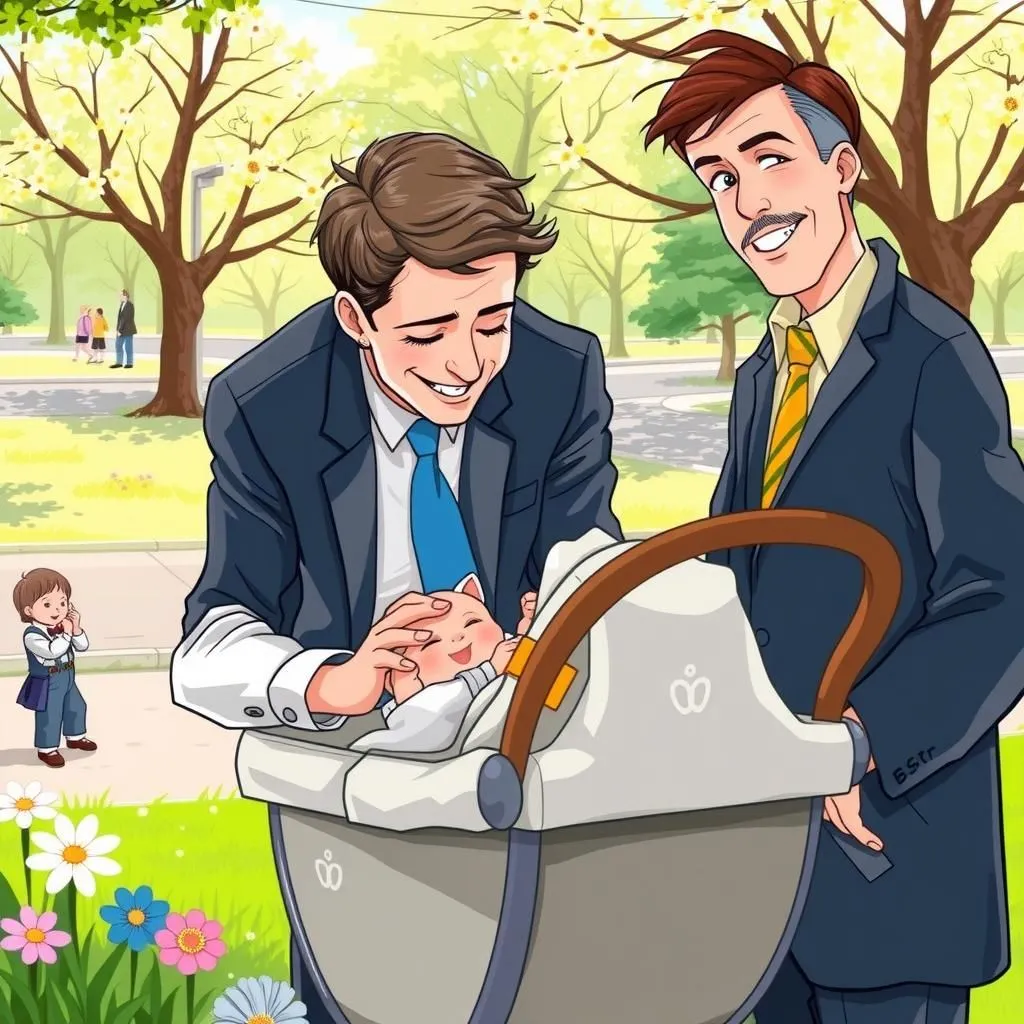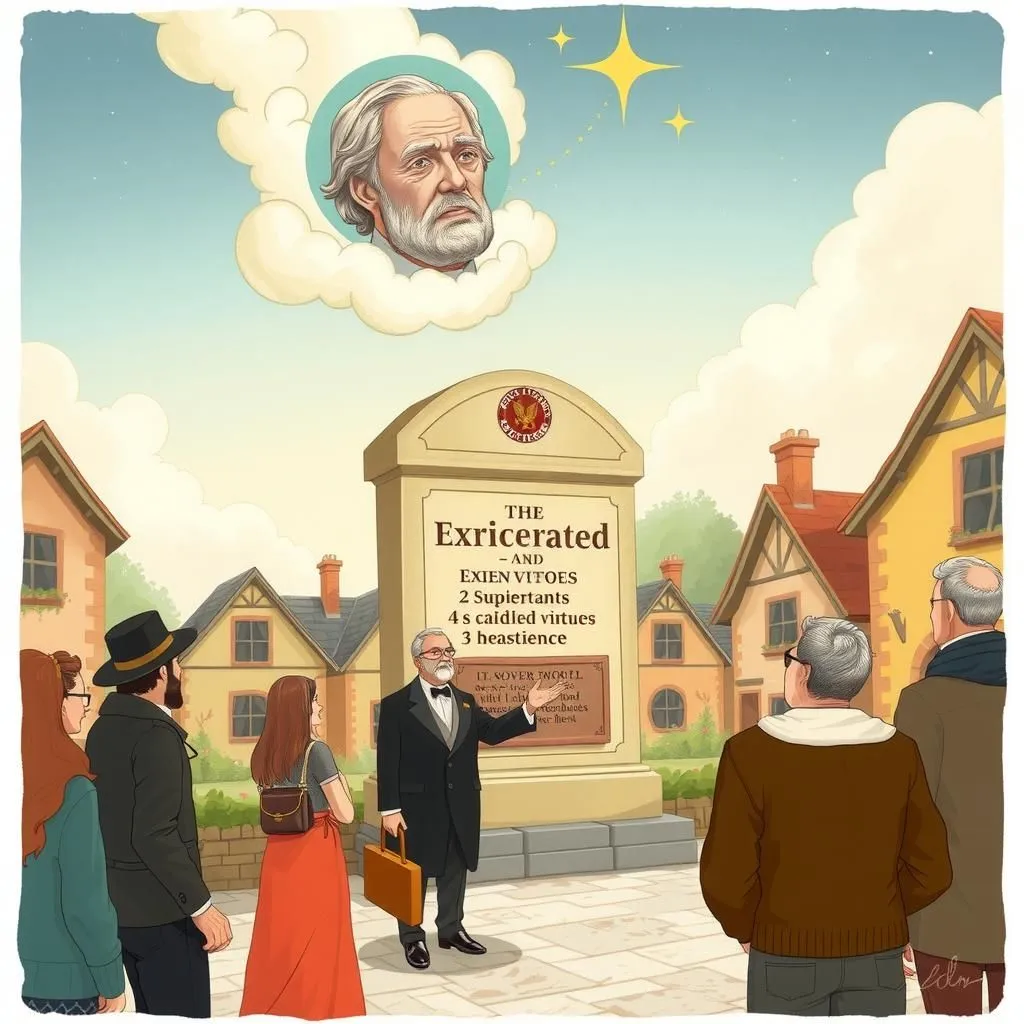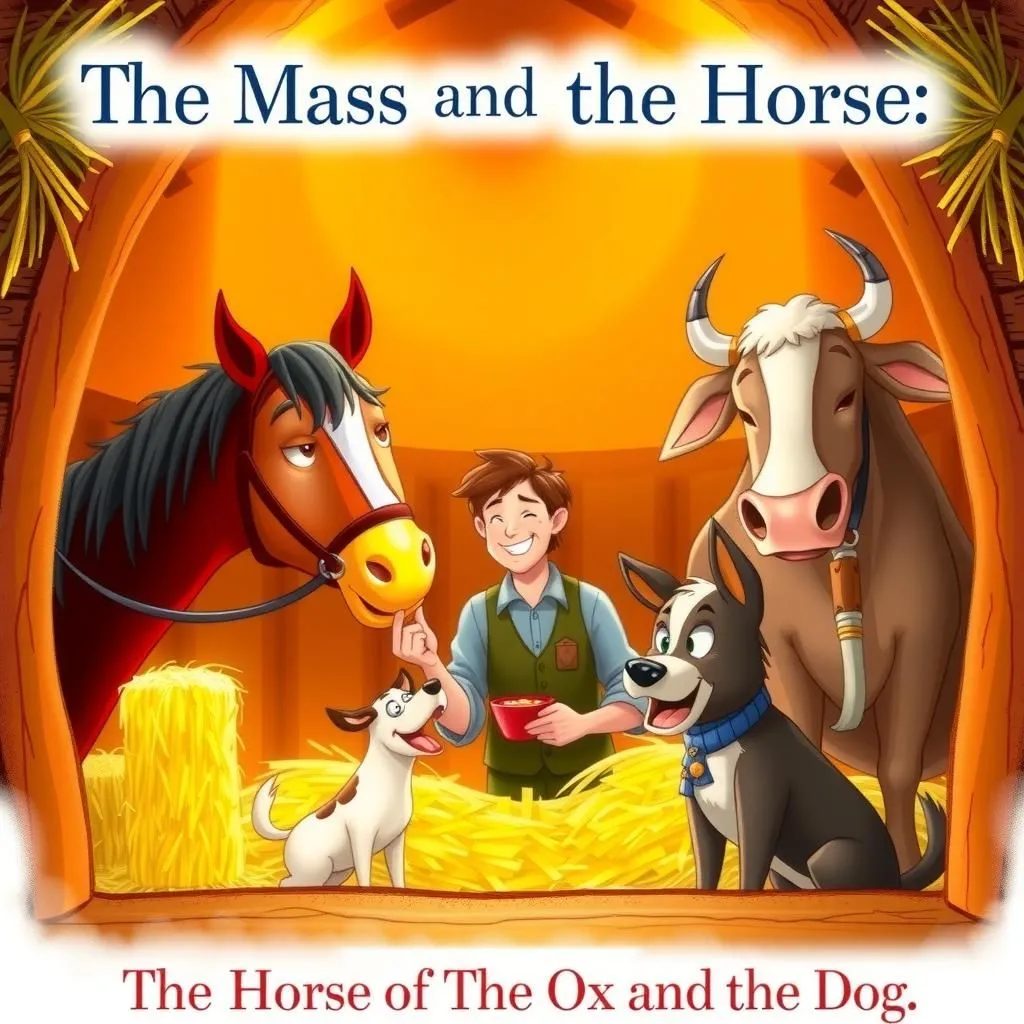
The Two Bags
In the culturally significant moral story "The Two Bags," an ancient legend reveals that every person is born with two bags: one in front filled with the faults of others and a larger one behind containing their own faults. This poignant metaphor serves as a lesson learned from stories, illustrating how individuals are quick to perceive the shortcomings of others while often remaining blind to their own failings. As a compelling addition to short story collections with moral themes for adults, it emphasizes the importance of self-reflection and humility.


